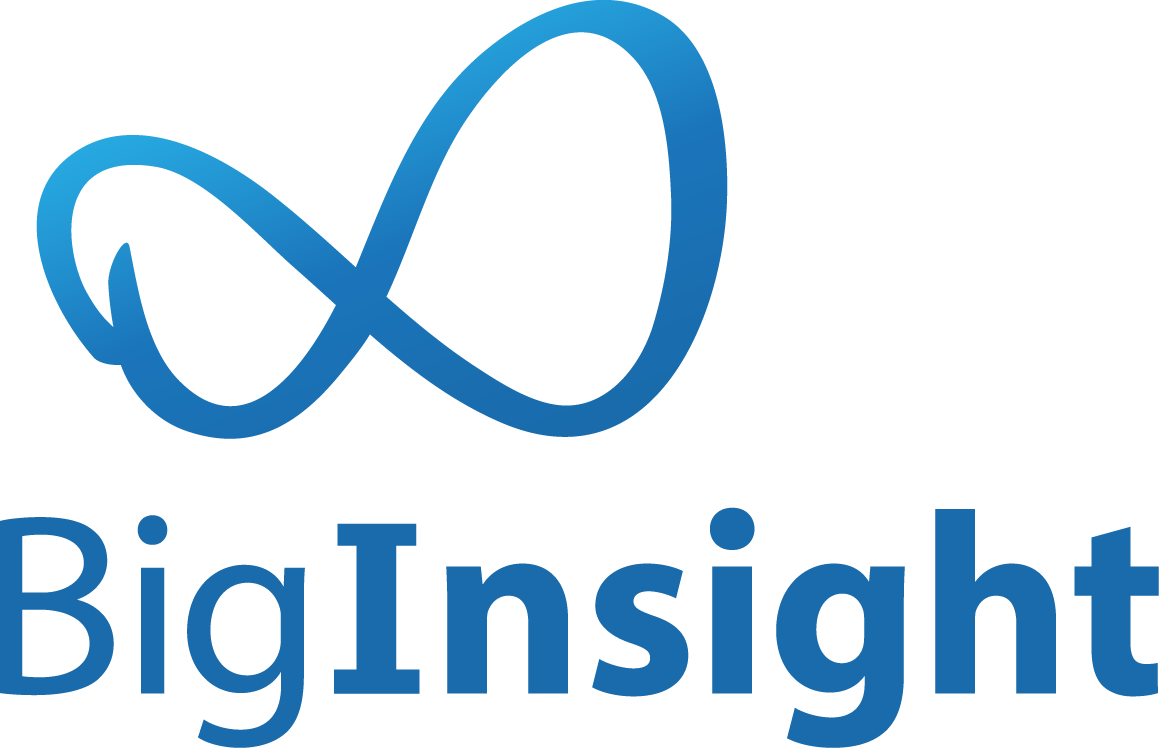We are pleased to announce that the next joint "OCBE Biostatistical Seminar" and "Sven Furberg Seminar in Bioinformatics and Statistical Genomics" will take place this coming Thursday, March 22, at 2.30pm in Nye Auditorium 13, Domus Medica, Oslo.
Dr. Chris Wallace, Senior Research Fellow, MRC Biostatistics Unit, Cambridge University, UK, will present her research on "Conditional false discovery rates in genetic association studies of rare diseases and disease subtypes”.
As is the tradition with Sven Furberg seminars, we will have a 10-minute "junior talk" before the main presentation. The junior talk will be given by Haakon Nystad. After the seminar there will be pizza & soft drinks and the opportunity to talk with the speakers.
Meeting Dr. Chris Wallace
If you want to meet Dr. Wallace, please book a time slot at https://doodle.com/poll/9h8arcanr7g8272t or send me an email.
More information: http://www.med.uio.no/imb/english/research/centres/ocbe/events/biostat-seminar/2018/wallace-chris.html and http://www.mn.uio.no/ifi/english/research/networks/clsi/seminars/dr.-chris-wallace.html
Abstract
Genomewide association studies (GWAS) have identified thousands of variants associated with altered risk of human disease. The GWAS design enables testing a large multiplicity of hypotheses, but therefore also requires large numbers of samples. This has prevented its application to less common diseases. Additionally, while the goals of stratified medicine would be aided by a genetic understanding of disease subsets, GWAS design encourages a "lumping" rather than "splitting" approach. In this talk, I argue that the phylogeny of human diseases can be exploited to increase GWAS power in smaller samples by application of the the conditional false discovery rate (cFDR) which enables leveraging of information from related diseases. I will describe its estimation, and use examples from immune-related diseases to demonstrate increased genetic discovery. I will also describe a 2D GWAS approach for identifying aetiologically-relevant disease subtypes, and show how the cFDR can be used to identify subtype-distinguishing disease variants by leveraging overall case-control comparisons.
We are looking forward to seeing you all.
Best regards
Manuela Zucknick

